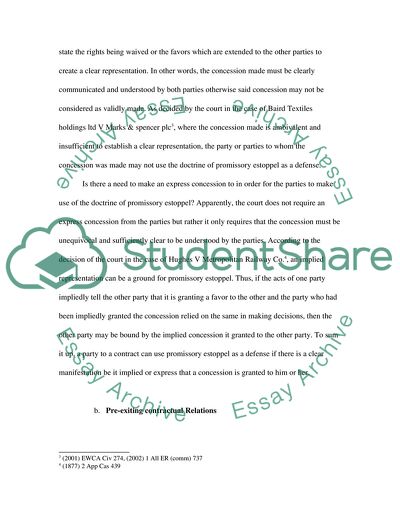Cite this document
(Promissory Estoppel in the Contract of Law Case Study - 1, n.d.)
Promissory Estoppel in the Contract of Law Case Study - 1. Retrieved from https://studentshare.org/law/1574305-contract-law
Promissory Estoppel in the Contract of Law Case Study - 1. Retrieved from https://studentshare.org/law/1574305-contract-law
(Promissory Estoppel in the Contract of Law Case Study - 1)
Promissory Estoppel in the Contract of Law Case Study - 1. https://studentshare.org/law/1574305-contract-law.
Promissory Estoppel in the Contract of Law Case Study - 1. https://studentshare.org/law/1574305-contract-law.
“Promissory Estoppel in the Contract of Law Case Study - 1”. https://studentshare.org/law/1574305-contract-law.


